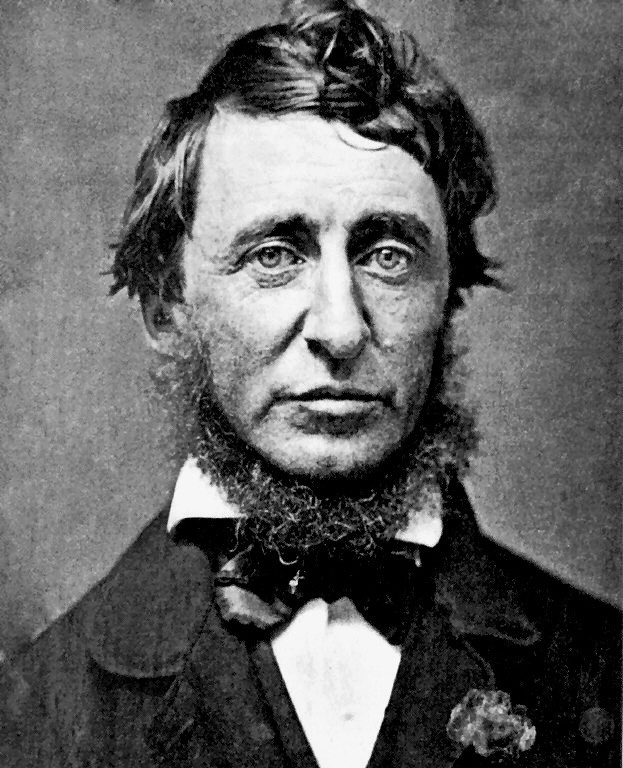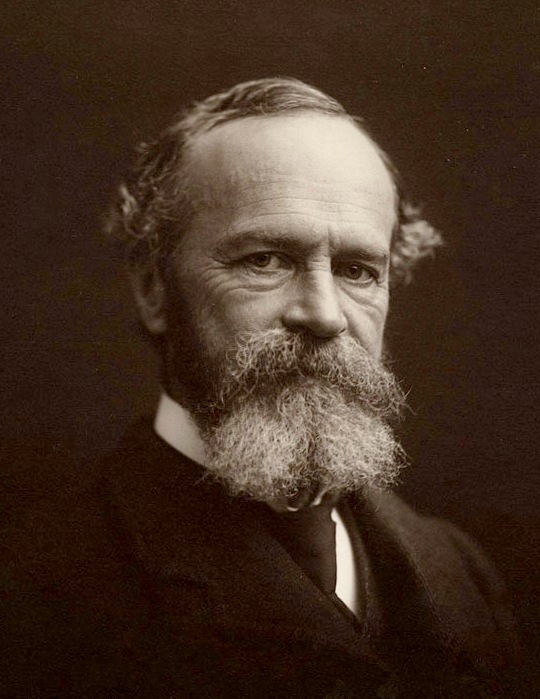| Enlightenment From Philosophers |
 | Henry David Thoreau was an American philosopher, poet, and writer. Many know him for his famous works such as, Walden, or Life in The Woods. Throreau was known to have strong belifes in the feilds of civil disobedience and transcendentalism. | “I
went to the woods because I wished to live deliberately, to front only
the essential facts of life, and see if I could not learn what it had
to teach, and not, when I came to die, discover that I had not lived. I
did not wish to live what was not life, living is so dear; nor did I
wish to practise resignation, unless it was quite necessary. I wanted
to live deep and suck out all the marrow of life, to live so sturdily
and Spartan-like as to put to rout all that was not life, to cut a
broad swath and shave close, to drive life into a corner, and reduce it
to its lowest terms." |
|
 | William James was another American philosopher
who brought knowledge of psychology as well as philosophy into the
lives of many. James was responsible for the very first psychology
course to be offered at a university in the United States. James was
known to explore subjects such as mysticism, pragmatism, religion, and many aspects of psychology. “Seek
out that particular mental attribute which makes you feel most deeply
and vitally alive, along with which comes the inner voice which says,
'This is the real me,' and when you have found that attitude, follow
it.” |

| Albert Camus
Albert
Camus was a French Nobel Prize winning journalist, author, and
philosopher. His novels and essays became well known during the 1940s.
His most well-known works include, The Stanger, and The plague.
Camus's philosophical career dealt with the subject of absurdism and
existentialism. His philosophies were present in many of his works of
writing such as, The Myth of Sisyphus. “The only way to deal with an unfree world is to become so absolutely free that your very existence is an act of rebellion.”
"There
is but one truly serious philosophical problem, and that is suicide.
Judging whether life is or is not worth living amounts to answering the
fundamental question of philosophy. " |
|





